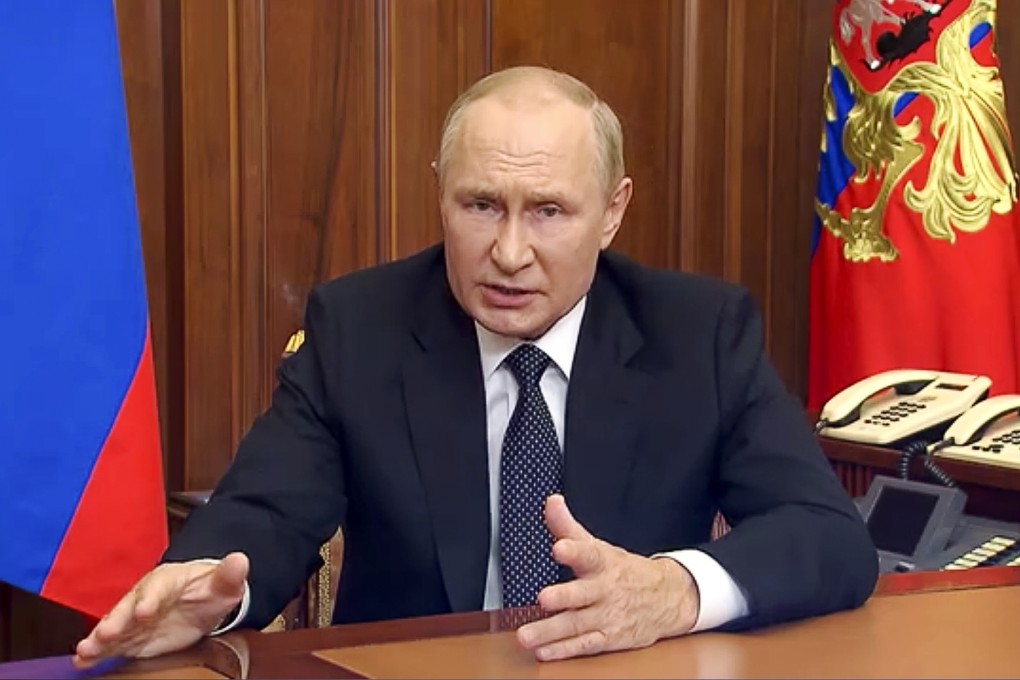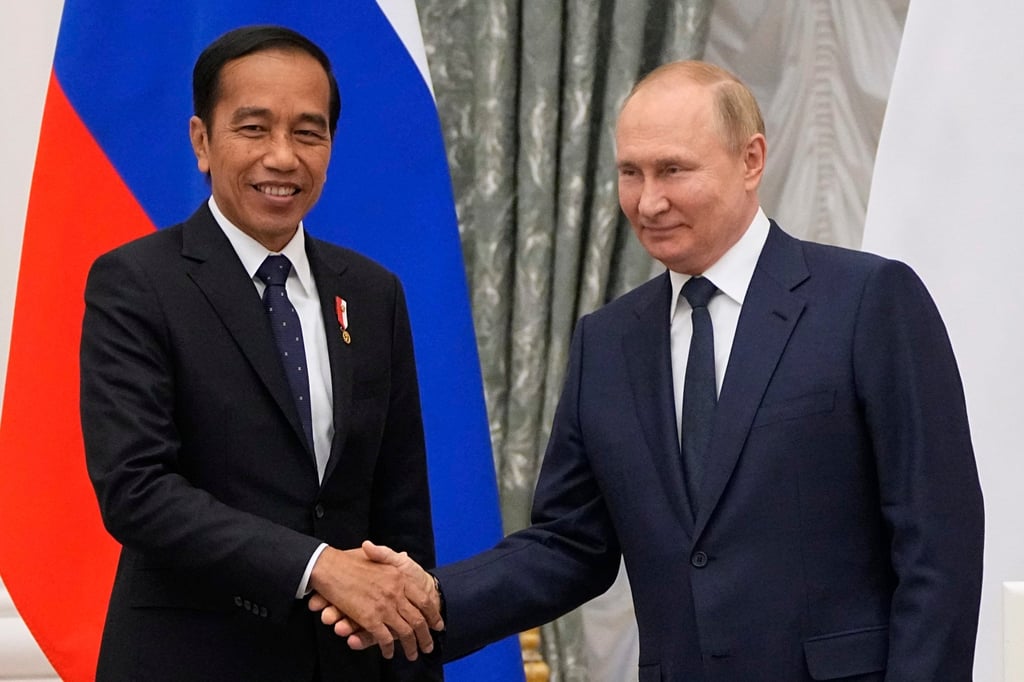Indonesia ‘unlikely’ to pull Putin’s G20 summit invite despite Ukraine escalation, analysts say
- Indonesia says with the summit due soon ‘we must not be trapped by heated geopolitical dynamics’ and must ensure good results for all
- However, some analysts wonder if Putin will actually turn up at the major November event, given the risk of humiliation

Indonesia is unlikely to reconsider plans to include Russian President Vladimir Putin in November’s G20 summit in Bali, despite Moscow’s escalation of its conflict with Ukraine this week, analysts say.
In remarks at different forums on the sidelines of the United Nations General Assembly, Foreign Minister Retno Marsudi has repeated the same mantra: as host nation, Indonesia is intent on advancing multilateralism and promoting post-pandemic economic growth.
It has sought the backing of key bilateral partners such as Australia, India and the Netherlands. The subtext of the messaging, observers say, is crystal clear: Indonesia wants maximum participation in the summit, including by Russia, and is not adhering to requests not to invite Putin.
During the non-bloc countries (Non-Aligned Movement (NAM) nations, not formally aligned with any major power bloc) foreign ministers’ meeting, Retno on Wednesday called for her counterparts to prevent wars by “promoting strategic trust, respect towards each other’s sovereignty and territorial integrity, as well as peaceful solutions to any conflicts”.

Like the foreign ministry’s statements issued shortly after Russia invaded Ukraine in February, none of Retno’s statements in New York this week have pinpointed Moscow as an aggressor in the conflict.